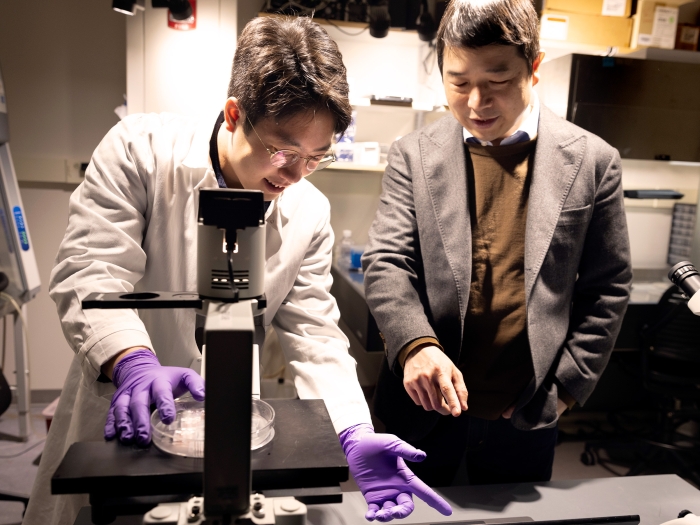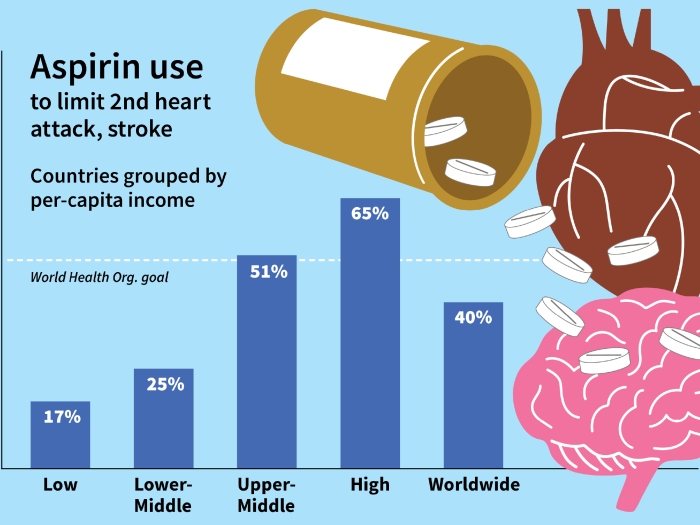The majority of sites studied were written at a college junior’s reading level, and over a third had no resources for people who spoke a language other than English.
11:08 AM
Author |

In a University of Michigan-led study, researchers found that most websites for heart transplant centers in the United States are difficult to understand, with more than 40% lacking information in languages other than English.
The majority of the 139 websites analyzed were at a college junior's reading level, much higher than the average American's 8th-grade reading level.
SEE ALSO: Does the New Heart Transplant Allocation Policy Encourage Gaming by Providers?
"There is a huge problem and a disconnect between physicians and patients regarding what we know and do in the hospital versus what we bring to patients and evaluating what they actually need," said first author James W. Stewart II, M.D., MSc., a national clinician scholar with the University of Michigan Institute for Healthcare Policy & Innovation and a general surgery resident at the Yale School of Medicine. "A large part of the problem is patients not properly understanding the information —and an even bigger problem is that we're not communicating and giving patients the resources to properly understand."
Like Podcasts? Add the Michigan Medicine News Break on Spotify, Apple Podcasts or anywhere you listen to podcasts.
Just over 56% of the heart transplant centers' websites offered resources for non-English speakers. The mid-Atlantic region performed the worst, with only six of 16 heart transplant centers in Pennsylvania, New Jersey, West Virginia, Maryland, Delaware and Washington, D.C., providing online information in a language other than English.
Since 1980, the number of people speaking a language other than English at home has increased by almost 200%. Spanish (including Spanish Creole) is the most common language spoken after English.
A large part of the problem is patients not properly understanding the information —and an even bigger problem is that we're not communicating and giving patients the resources to properly understand.James W. Stewart II, M.D.
Stewart believes that professional transplant societies along with the United Network for Organ Sharing, the nonprofit that manages the American organ transplant system, should create a common source of information at a reading level that patients can understand, with professionally translated information about heart transplants.
Until then, he says, heart transplant centers need to take it upon themselves to make sure their information is accessible.
SEE ALSO: Bias against older organ donors may be leading to smaller organ supply for transplants
"During transplant meetings, evaluate what information on the website is important for patients to know and review the site every six months or so," he suggested. Then ask patients questions like, 'Did you go to the website? Did you find it useful? What did you find useful? Is this something you understand?' Following through on whether this information is helpful and involving patients more is critical."
Additional authors include Shannon Zoulek, Sheehan Hussain, Varun G. Kathawate, Valeria Valbuena, Sidra Bonner, Michael Thompson, Geoffrey D. Barnes, Donald S. Likosky, Keith Aaronson, Monica M. Colvin and Thomas Cascino, all of Michigan Medicine, and Khadijah Breathett of Indiana University School of Medicine.
Paper cited: "Readability and Non-English Language Resources of Heart Transplant Center Websites in the United State," Journal of Cardiac Failure. DOI: 10.1016/j.cardfail.2022.09.016
Live your healthiest life: Get tips from top experts weekly. Subscribe to the Michigan Health blog newsletter
Headlines from the frontlines: The power of scientific discovery harnessed and delivered to your inbox every week. Subscribe to the Michigan Health Lab blog newsletter

Explore a variety of healthcare news & stories by visiting the Health Lab home page for more articles.

Department of Communication at Michigan Medicine
Want top health & research news weekly? Sign up for Health Lab’s newsletters today!





